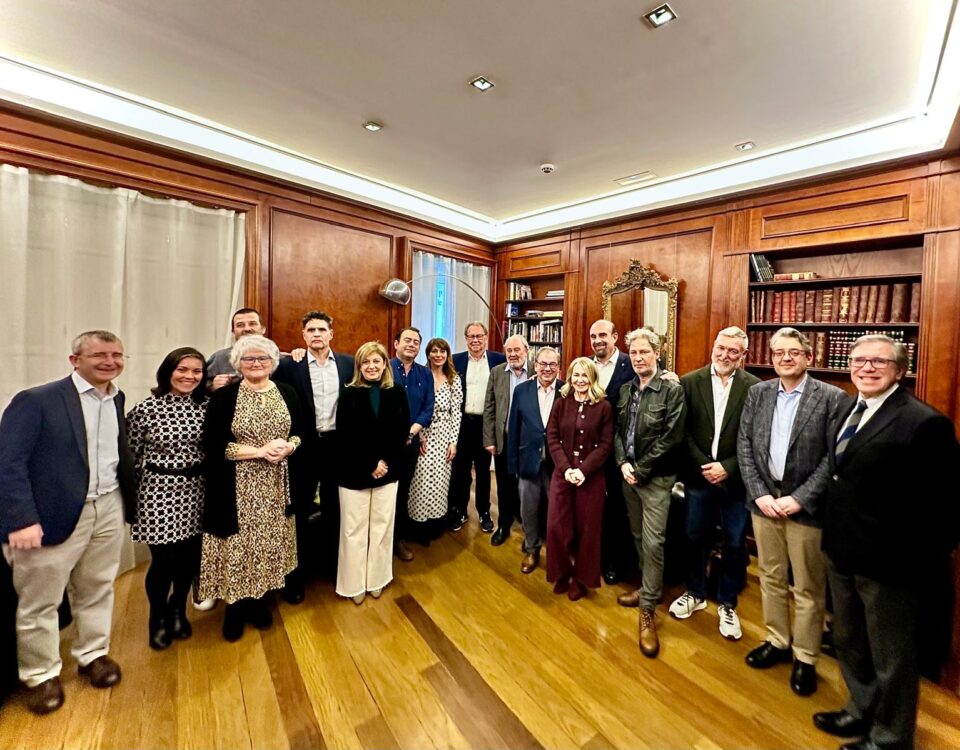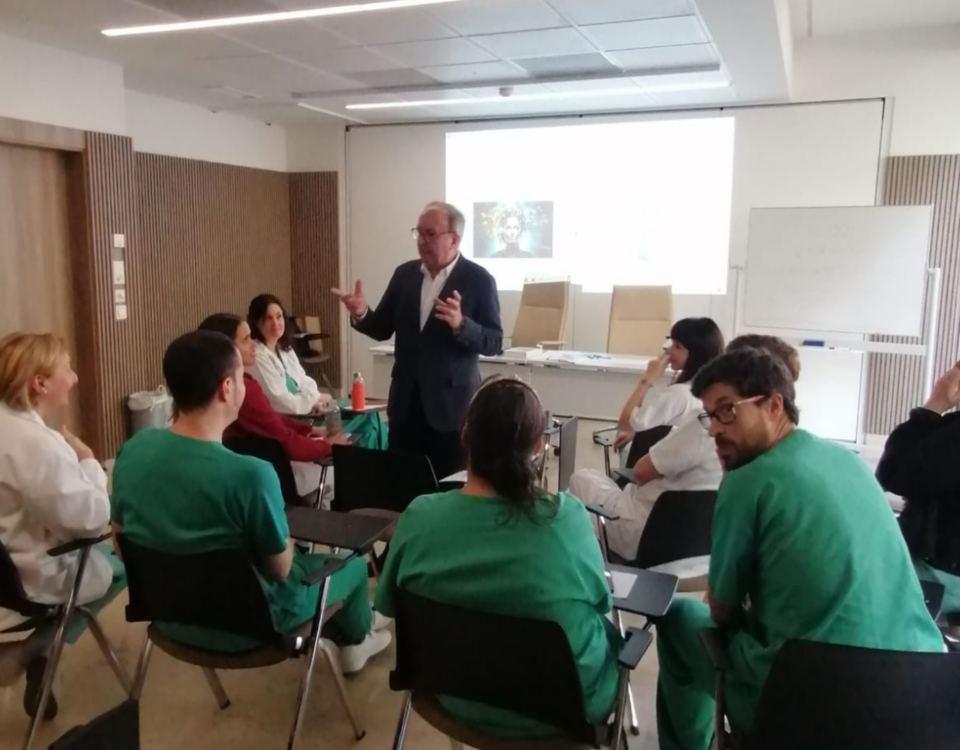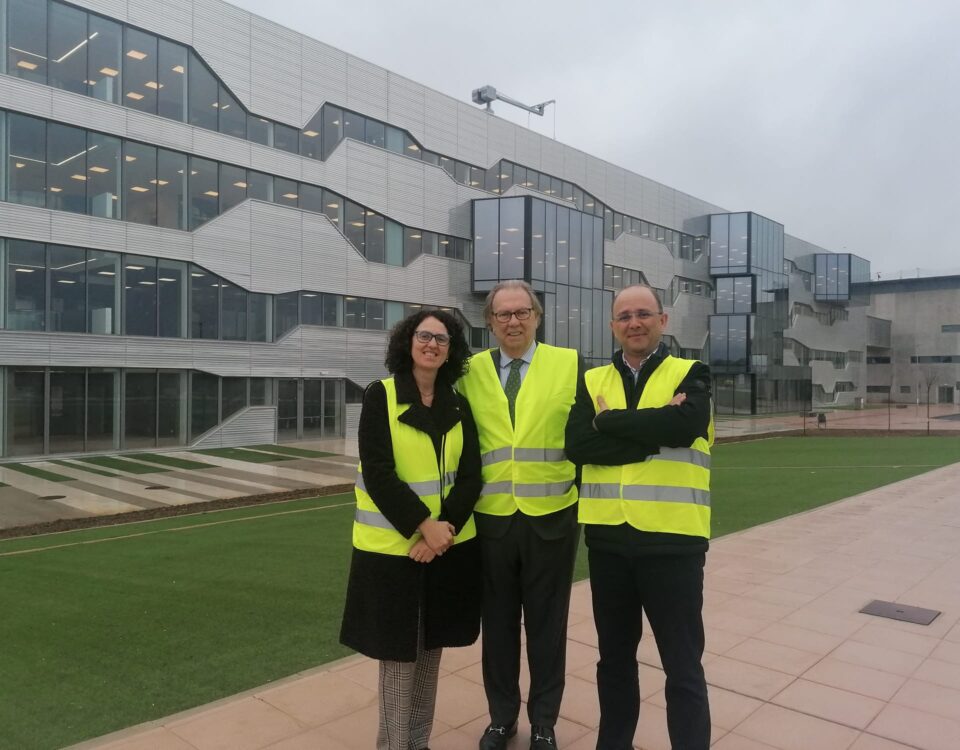18/02/2021
Europe needs 1,264,576 new residential spots to cover dependence, generating over 632,000 new jobs
- In the case of Spain 75,378 beds are necessary, which would create 37,677 job positions.
- The objective is to ensure that all the countries of the European Union reach the ratio recommended by the World Health Organization of 5 spots per 100 elderly over 65 years of age.
18/02/2021.- The Foundation for Economy and Health will present the project “Europe’s Elderly” on February 24, at 5:30 p.m. (CET) at the Auditorium of the Faculty of Education (Calle Juan del Rosal, 14, Madrid). The event will analyze the precedents and the present state of residential resources that cover dependence in Europe, in order to formulate a concrete proposal for creating beds to achieve the ratio recommended by the World Health Organization.
The project “Europe’s Elderly” focuses on the creation of 1,264,576 beds for European Union countries that have not achieved the ratio recommended by the WHO. This action would generate 632,288 new jobs with an investment of nearly 75 billion (75,000 million) euros, through suitable public-private collaboration.
In particular, the plan for Spain will be presented, involving the creation of 75,378 new residential beds, the generation of 37,677 job positions, private investment of over 4,521,240,000€ and a reduction of the public deficit over the next 6 years, with the Support of UE Next Generation funds and the new Plurianual 2021-27 Financial Framework.
Presiding over the event will be Ricardo Mairal Usón, Rector of the UNED, Universidad Nacional de Educación a Distancia, Miguel Garrido de la Cierva, Vice-President of the CEOE, Confederación Española de Organizaciones Empresariales, and President of the CEIM, Confederación Empresarial de Madrid-CEOE, and María Andrés Marín, Director of the European Parliament Office in Spain. The presentation will be given by Alberto Giménez Artés, President of the Fundación Economía y Salud.
In the words of the President of the Fundación Economía y Salud, Alberto Giménez Artés, “the pandemic we are suffering under has been especially punishing for the elderly and has brought the models of social attention that should exist to the table. It is necessary to continue this debate in depth, but we must also, in parallel, work to provide the system with the necessary resources. This will not only improve the quality of life of the elderly, but will also contribute to economic growth, generating investment and jobs, along with important returns”.
The following conclusions from the report can be highlighted:
- Demographic tendencias warn that, as time goes on, the elderly population will increase with respect to the total population.
- The number of people who are dependent is rising continuously; at present, over18 millon people in the EU are dependent.
- The average volumen of business in the public health sector in the UE in 2018 was07% of the GDP, reaching 253 billion (253,000 million) € annually.
- This investment will have repercussions involving positive returns for the administrations due to the savings in welfare benefits and to tax revenue.
https://www.fundacioneconomiaysalud.org/
The Project “Europe’s Elderly” of the Fundación Economía y Salud shows that the sector of attention to dependence is a strategic opportunity for economic growth in the UE, as it reduces the public déficit, stimulates economic activity, and generates employment.
To follow the event live, register at:
https://zoom.us/meeting/register/tJMrdO-trzMiGNYeifO_KIAR2WqyJ8XWIXIa





